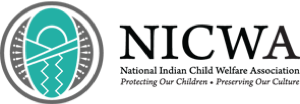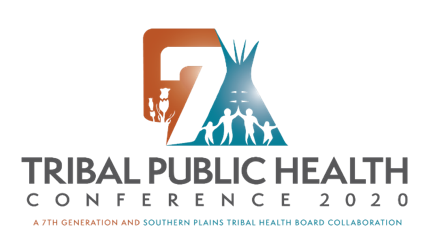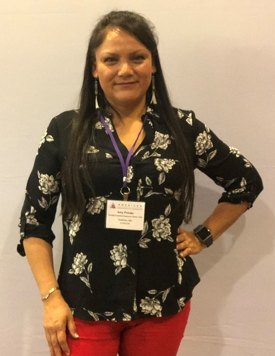Education to help prevent liver cancer and hepatitis
|

A leading cause of death worldwide, liver cancer is more common among American Indians and Alaska Natives than in White or Black populations. This health disparity is largely due to high rates of chronic hepatitis C infections in Indian Country.
As described in a recently published program evaluation brief, Cherokee Nation implemented activities to increase knowledge and awareness of hepatitis prevention and control.
Health care providers who participated in the activities throughout the 8-month period were better able to identify patients at high risk for hepatitis and liver cancer. Both providers and community coalition members said they intended to mention those diseases during upcoming health care visits.
|
Caring for people with cancer
Meeting the needs of people with cancer can be challenging for caregivers. Compassionate, culturally appropriate resources are now available to help.
|
Guidance on using CMS tribal outreach materials
|
The National Indian Health Board and CMS developed 2 brief role-play videos demonstrating how to use tribal outreach and education materials.
The first video is intended for patient benefits coordinators and others who host information booths at health fairs or community powwows.
The second video is geared toward community health representatives, public health nurses, and community health care providers who visit patients in their homes. |
 |
| |
Rural health coordination and development
Applications due: December 20, 2019
The Health Resources and Services Administration has a funding opportunity under its State Offices of Rural Health Coordination and Development Program. This opportunity aims to strengthen leadership, increase collaboration opportunities, and offer education on policy and emerging health issues for rural areas.
|
Substance abuse and HIV prevention
Applications due: December 27, 2019
The Substance Abuse and HIV Prevention Navigator Program for Racial/Ethnic Minorities increases access to services for people ages 13–24 who are at highest risk for HIV and substance use disorders. Services are delivered by community health workers, neighborhood navigators, and peer support specialists.
|
Workforce development grants to foster opioid recovery
Applications due: January 9, 2020
The Employment and Training Administration's Support to Communities: Fostering Opioid Recovery Through Workforce Development grant program addresses the economic effects of opioid use and substance misuse. Grantees will engage community partners in efforts to deliver career, training, and supportive services to workers in significantly impacted areas.
|
|
CMS ITU Outreach and Education Trainings
The target audience for CMS ITU trainings is business office staff, benefits coordinators, patient registration staff, medical records staff, and purchased/referred care services staff. Topics include CMS Tribal Affairs updates, Medicare, Medicaid, the Children's Health Insurance Program, state-administered programs, Social Security, and Veterans Affairs.
Upcoming ITU Outreach and Education Trainings:February 5–6, 2020, in San Diego, CA March 2020 in Gallup, NM (Navajo) March 18–19, 2020, in Denver, CO March 31–April 1, 2020, in Seattle, WA April 21–22, 2020, in Albuquerque, NM May 2020 in Kansas City, MO May 2020 in Chicago, IL May 12–13, 2020, in Oklahoma City, OK
|
NIHB's 11th Annual National Tribal Public Health Summit
Sponsored by the National Indian Health Board (NIHB), the Tribal Public Health Summit attracts public health professionals, elected leaders, advocates, researchers, and community-based service providers. The summit covers health promotion and disease prevention, substance misuse and behavioral health, environmental health, and more. |
38th Annual Protecting Our Children Conference

The theme of this year's Protecting Our Children Conference is "Honoring Our Past, Present, and Future Generations." Sponsored by the National Indian Child Welfare Association, the conference is geared toward child social service providers; legal professionals; child advocates; and tribal, state, and federal leaders. |

NICWA Training Institute
The National Indian Child Welfare Association (NICWA) training institutes are led by professionals with extensive experience working with tribal communities. The April NICWA training institute will focus on positive parenting and understanding the Indian Child Welfare Act of 1978. |
Tribal Public Health Conference 2020

The Southern Plains Tribal Health Board and the 7th Generation Conference are hosting this year's Tribal Public Health Conference with the theme, "Reclaiming Healthy Narratives in Indian Country." Tribal elders, tribal partners, health care providers and administrators, and public health professionals are encouraged to attend. |
|
|











No hay comentarios:
Publicar un comentario